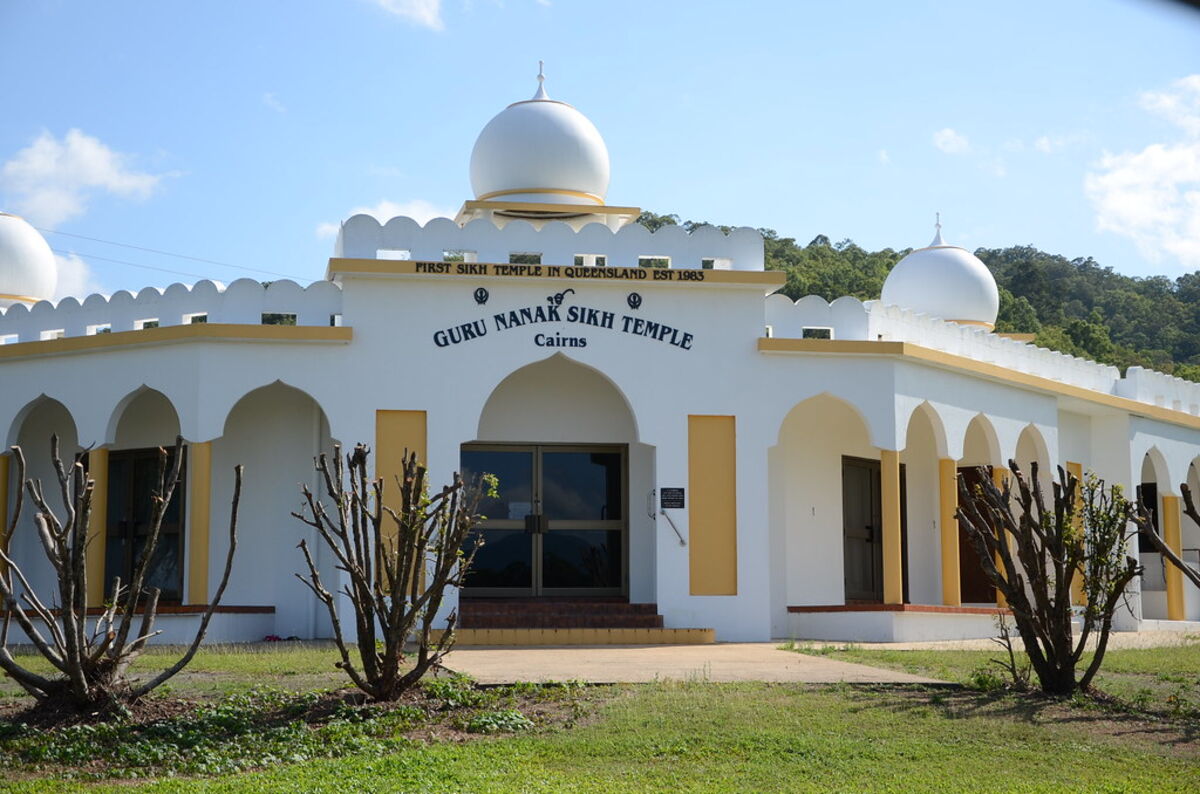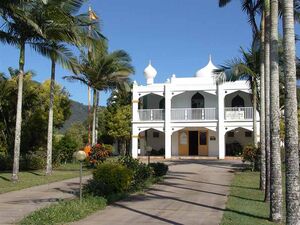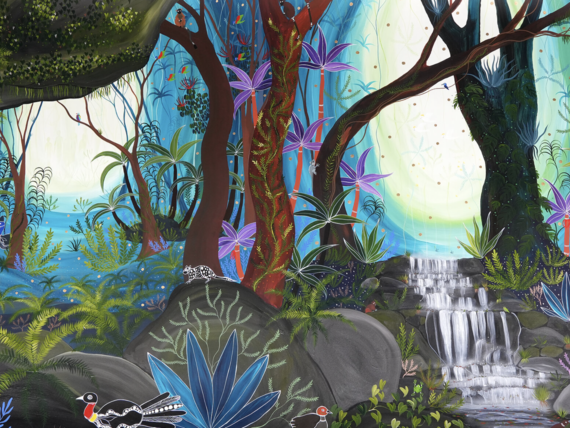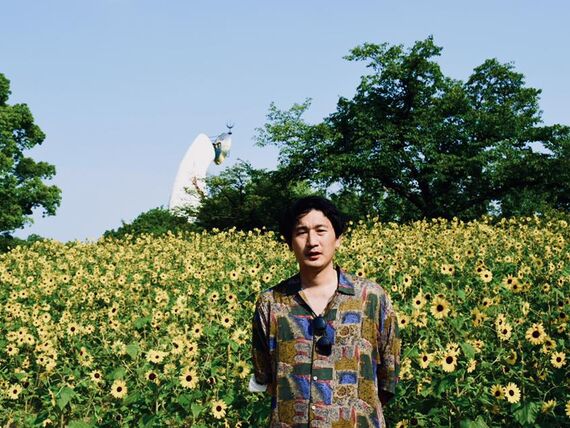Seeking memories: region's Indian heritage in the spotlight

According to the most recent Census, Punjabi is the fourth most common language in Tropical North Queensland.
It’s a language spoken by the Sikh community, who began immigrating to the region 120 years ago. However, for much of the broader community, the Sikh people are a bit of an enigma, known only by their beautiful temples dotted across the region.
A new project is aiming to change that.
Despite their rich history and contribution to the growth of Far North Queensland, the Sikh community hadn't shared their story with the broader community.
"When the Sikhs migrated to Australia, they worked very hard and focused on their family and their community and there hasn’t necessarily been the broader engagement with the community,” he said.

“They remain a bit of a mystery to most people. It’s time to create that narrative.”
The Sikhs in FNQ Project will document, preserve and share the rich history and contributions the community has had on the development of the region since the early 1900s, when drought and famine forced many of them to move away from the Punjab region of India.
“The story hasn’t been told through historians and it hasn’t been recorded to the extent that it should,” said project team member Manjoot Singh. “The first part of the project is basically the gathering of history by professional historians and then the re-telling of that. The second part, which is more exciting, is the team will actually give suggestions for areas that have historical significance for Sikhs and they’ll recommend ways to recognise that.”
That could involve the installation of a heritage trail with monuments and plaques, which was the result of a similar project in Western Australia. “Or it could be something as simple as a statue of a Sikh cane cutter in a place like Gordonvale.” Mr Singh said. “But we don’t want to make assumptions, we want it to be based on a proper process.” The group is in the process of raising $21,000 to complete the undertaking.
To find out more, visit the Sikhs In FNQ Project page on Facebook








